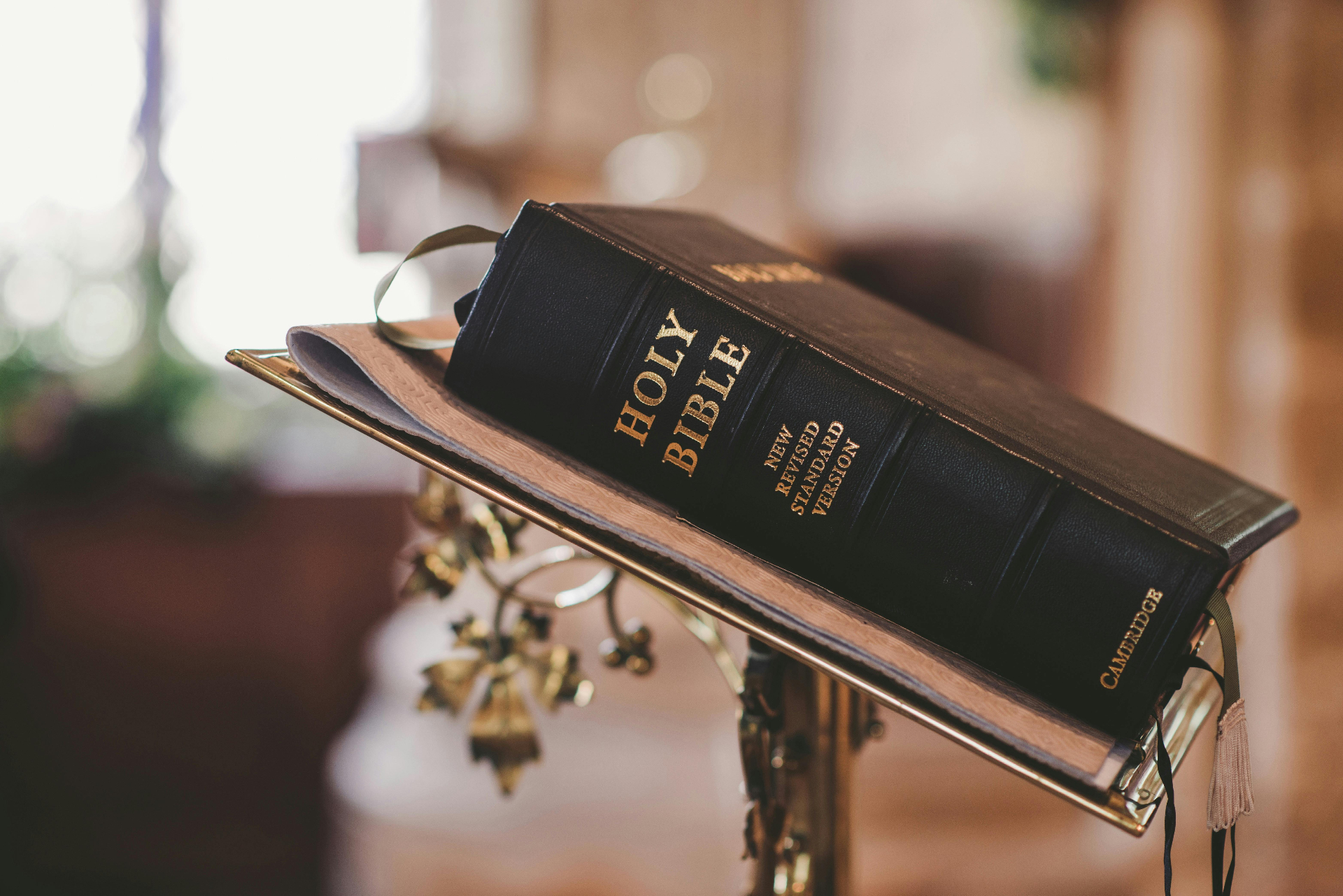Growing Up LGBTQ+ in a Faith that Opposes Your Identity

Navigating the Pain
Growing up in a faith community can be a source of immense support, love, and guidance. However, for many LGBTQ+ individuals, it can also be a source of deep trauma, confusion, and heartache. This is especially true when the teachings of that faith directly oppose one’s own sexual orientation. The journey of reconciling faith and identity is often fraught with emotional turmoil, as one strives to serve and please God while grappling with aspects of themselves that seem fundamentally at odds with religious doctrine.
The Confusion of Childhood
From a young age, children absorb the beliefs and values of their community. For those growing up in a faith that condemns LGBTQ+ identities, this can lead to a profound internal conflict. They may feel a deep-seated sense of wrongness about who they are, even before they fully understand what it means to be LGBTQ+. This confusion can manifest in feelings of guilt, shame, and fear, as they struggle to reconcile their innate sense of self with the teachings they are told are absolute truths.
The Struggle of Adolescence
As children grow into teenagers, the internal conflict often intensifies. Adolescence is a time of self-discovery and identity formation, but for LGBTQ+ youth in non-affirming faith communities, it can be a period of intense struggle. They might pour their energy into their faith, hoping that devotion and adherence to religious teachings will somehow change their sexual orientation. This can lead to a cycle of self-denial and self-punishment, as every reminder of their true self feels like a failure to live up to the expectations of their faith and their community.
The Impact of Religious Trauma
The trauma from these experiences can leave lasting scars. Many LGBTQ+ individuals who grow up in non-affirming faiths carry the weight of their struggles into adulthood. They may battle with depression, anxiety, and a pervasive sense of unworthiness. The messages of condemnation they received in their formative years can echo throughout their lives, making it difficult to find peace and acceptance within themselves.
A Message of Hope
Despite the profound pain that religious trauma can cause, there is hope for healing and recovery. It is possible to reconcile one’s faith with their identity, or to find a new spiritual path that affirms and celebrates who they are. Therapy and counseling can provide a safe space to explore these issues, heal from past wounds, and build a future that embraces all aspects of one’s self.
Remember, you are not alone in this journey. Many have walked this path before and have found a way to live authentically and joyfully. Recovery is possible, and there are communities and resources available to support you every step of the way. Hold on to hope, and know that you are worthy of love and acceptance, just as you are.

